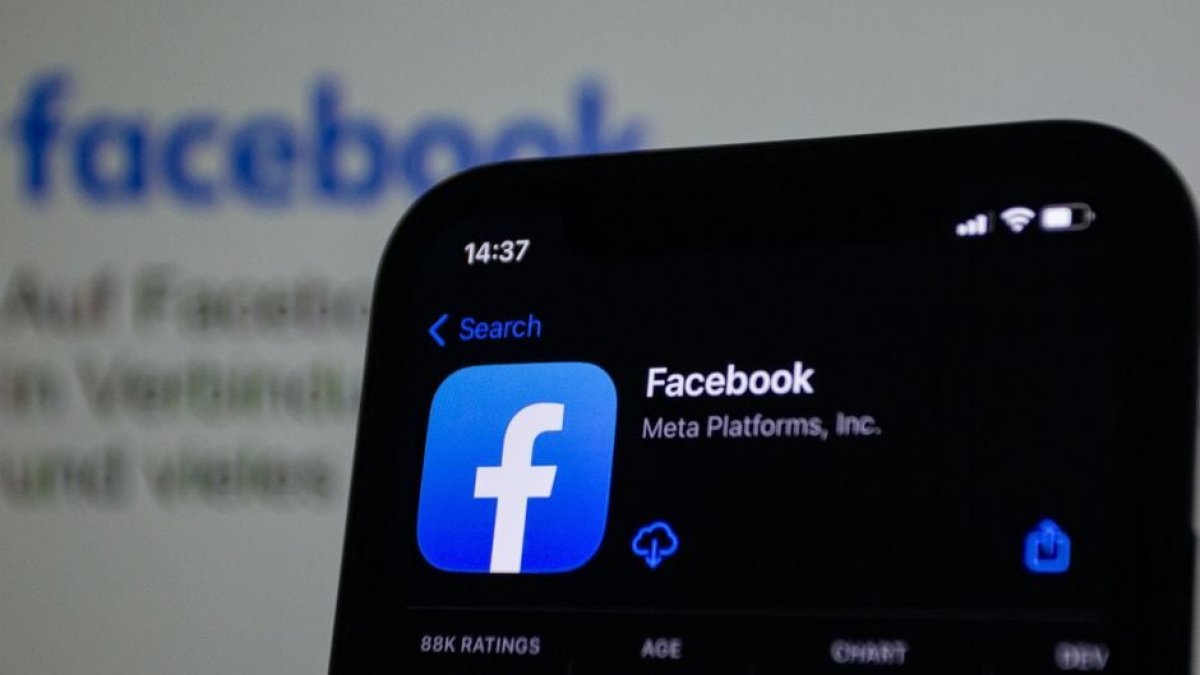Meta will require a special label for political ads created with artificial intelligence
The measure will come into force on Jan. 1, 2024 and emulates the one taken by Google in September.

(Unsplash)
There are less than two months until the election year begins, and both the Republican and Democratic Parties will begin to deploy and promote campaigning and advertising strategies. Political ads published on different online channels are one of them. In them, the candidates will foreseeably use the latest technology, such as artificial intelligence (AI), with the aim of making campaigns more attractive and, thus, attracting the largest number of voters.
Given the recognized dangers that the use of AI can cause (at the end of October Biden signed an executive order to protect Americans from its risks), Meta Platforms, Inc., decided to act and reported that political ads that are made with AI and published on any of their platforms such as Facebook or Instagram must have identification showing that they were made with this technology.
The Meta Platforms measure will take effect on Jan. 1, 2024, and will be implemented worldwide. The ads will need to have a label, the design of which has not yet been specified, stating that the ad has been created with AI. The intention of the Instagram, Facebook and WhatsApp parent company is to prevent the spread of fake news as not to mislead voters.
The sanction that Meta will apply for those who violate the measure will be to delete the content and advertisements. Additionally, it will publish privacy and security policies regarding the use of AI in Facebook's online ad library.
Meta emulates Google
This decision is nothing new in the world of tech giants. At the beginning of September, Google applied a measure similar to that of Meta, which requires campaigns to indicate that artificial intelligence was used to create and design political ads. It will come into effect this month.
The company led by Sundar Pichai explained that all verified advertisers must specify whether or not their material has "synthetic content that inauthentically represents real or realistic-looking people or events."
























